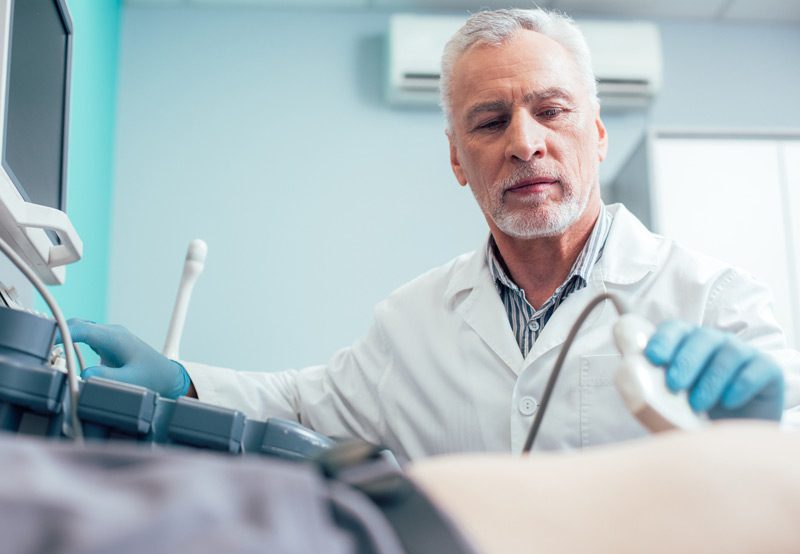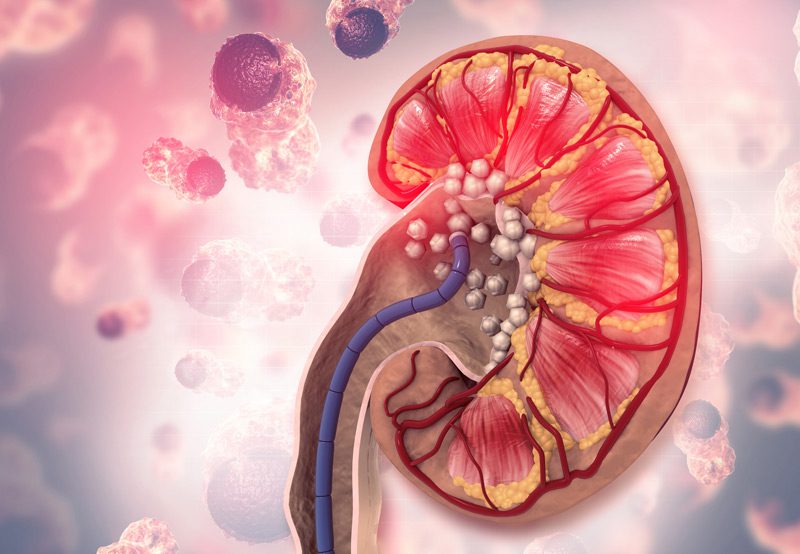

Flank pain refers to discomfort in the upper abdomen or back, typically on one side, between the lower ribs and the hip. In urology, flank pain is often associated with issues involving the kidneys or ureters and may signal an underlying condition requiring evaluation.
Causes of Flank Pain
There are several urologic causes of flank pain, ranging from benign to serious:
- Kidney Stones: One of the most common causes. As stones move through the urinary tract, they can cause sharp, intermittent pain that radiates to the lower abdomen or groin.
- Hydronephrosis: Swelling of a kidney due to a buildup of urine, often caused by obstruction from a stone, stricture, or congenital abnormality.
- Urinary Tract Infection (UTI): Infections that spread to the kidneys (pyelonephritis) can lead to flank pain, typically with fever, chills, and urinary symptoms.
- Ureteral Obstruction: Conditions such as strictures or tumors can block urine flow, causing backpressure and pain.
- Kidney Infection or Abscess: May present as persistent flank pain with signs of systemic illness.
- Trauma: Injury to the kidney or surrounding structures can cause flank tenderness or pain.
- Tumors or Cysts: Benign or malignant growths in the kidney may cause dull or persistent discomfort.

Diagnosis
Evaluating flank pain begins with a detailed medical history and physical exam. Your urologist may also order tests to identify the cause:
- Urinalysis: Checks for blood, infection, or signs of stones.
- Blood Tests: Assess kidney function and markers of infection.
- Imaging: A CT scan without contrast is often the gold standard for diagnosing kidney stones. Ultrasound or MRI may be used to assess structural abnormalities or masses.
- Cystoscopy or Ureteroscopy: Used in some cases to evaluate the lower urinary tract or access ureteral obstructions directly.
Treatment Options
Management depends on the underlying cause of the pain:
- Kidney Stones: Options include hydration, pain management, medical expulsive therapy, or procedures such as lithotripsy or ureteroscopy.
- Infections: Treated with antibiotics, and sometimes hospitalization if severe.
- Obstructions: May require surgical or endoscopic intervention to relieve blockages.
- Tumors or Cysts: Treatment may involve monitoring, biopsy, or surgical removal depending on the nature and size.
- Supportive Care: Pain relief, anti-inflammatories, and addressing contributing factors like dehydration or urinary retention.
Next Steps
Persistent or severe flank pain should be evaluated by a urologist to determine the cause and appropriate treatment. Early diagnosis is key to preventing complications, especially in cases of obstruction, infection, or stone-related issues. If you’re experiencing ongoing flank discomfort, prompt evaluation can help preserve kidney function and relieve symptoms effectively.
